This blog was written by Pui Ki Patricia Kwok (University of Cambridge), Nisha Thomas (World Vison), Catherine Young (SIL International) and Ann Veitch (British Council), drawing on the UKFIET-British Council event on “Language and Its Critical Role in Education and Training Around the World”. The authors have all made equal contributions, and their names are simply listed in alphabetical order. Please note that all contributions are from the named individuals and do not necessarily reflect the views of the organisations they work for. We would also like to acknowledge contributions during the event from Mary Anderson (BALID), Angeline Barrett (University of Bristol), Noor Khan (Luminos Fund), Purna Shrestha (VSO) and Alba de Souza (Council of Education in the Commonwealth).
The role foundational literacy plays in successful learning outcomes of children and young people is widely recognised. Without a solid development of foundational literacy, children will encounter a wide range of challenges throughout their schooling and potentially in their life outcomes. In many multilingual contexts, apart from developing literacy in their familiar languages, students are often challenged by the need to simultaneously develop literacies in multiple additional languages – including ones that are unfamiliar to the local communities. While there are many varied and contextual reasons for this, a common challenge is the early transition to a different Language of Instruction (LoI).
Centralised decisions around LoI and national language in education policy are complex; influenced by ‘the politics of identity’, nation-building, national cohesion, social inclusion, historical and colonial legacy, linguistic human rights, geo-politics, economics, globalism, neo-liberalism and aspiration. The education system may formally transition from a local LoI or local LoIs to a national or international LoI. This may happen in primary school, for example in Kenya, where students learn in English from Grade 4 onwards; in upper primary or secondary school, for example in Nigeria where students undertake the first six years of their education in local languages before transitioning to English; or in tertiary education, for example in Pakistan and India where a significant proportion of higher education is delivered in the medium of English. A transition to a different LoI also may be brought about by the movement of people, whether this is due to urbanisation or movement due to crisis or conflict. It may also be a result of parental or student choice due to the instrumentality of certain languages. In places where there is a free-market, often low-cost, private sector, many parents and students alike opt for a transition to education in international languages, specifically English, with an expectation that this may widen their access to employment and other opportunities.
Transition to a different LoI carries risk. While evidence suggests that the earlier the transition, the greater the risk to children’s learning outcomes, in some cases, children’s formal education begins immediately in an unfamiliar language. For example, in Rwanda, while initially the competence-based curriculum acknowledges the importance of mother tongue, a later decision stipulates the use of English as the LoI from Primary 1 onwards, creating a situation in which children may not develop initial literacy skills in any language. If an unfamiliar LoI creates barriers and challenges to learning and developing foundational literacy, children will be negatively impacted throughout their schooling – resulting in limited interaction and participation in lessons, poor quality of learning, lower academic growth, performance and achievement and higher levels of drop out and disengagement in education.
Supporting children to develop foundational literacy in any language – especially when there is a transition from one to another – is far from simple. Even well-intended programmes might have limited effectiveness due to a wide range of systemic issues. For instance, across low-resource contexts, teachers and students do not always have access to multilingual materials. When materials are available, they may not always align with the learners’ capacity, language of the curriculum, and assessment. Meanwhile, the expectations of the curriculum need to align with teachers’ capacity and levels of proficiency in the LoI, yet not all teachers have access to continuing professional development opportunities to engage with pedagogical strategies, which can support students to learn in the LoI effectively. Our first call for action is, therefore to acknowledge the complexity of implementing the LoI policy in any education system.
Apart from attending to the complexity of LoI implementation, a key point to highlight is that transitioning to a different LoI is a process, rather than an event in time. Before the transition takes place, students require structural support to begin developing vocabulary, oral and comprehension skills in the target language on top of learning general academic skills, and subject content. During the transition year and beyond, students continue to require coherent support. Yet, as evident in many contexts, teachers are often required to innovate their own strategies when students are unable to engage with lessons. The multilingual reality of the classrooms can become an epistemic barrier, where a different LoI to the children’s home or familiar language is used.
Our second call to action is around the importance of local engagement and community-based solutions to developing foundational literacies and ensuring transitions from one LoI to another are effective. Firstly, we acknowledge that parents and the community play a vital role in early childhood learning and choices around LoI. There is a need for using simple messaging around what works best to acquire the desired language, and development of foundational literacy skills. Evidence continues to show that children need at least six years quality education to develop adequate cognitive, linguistic and academic skills in their familiar language. This would then allow for a positive transfer of these competencies to an additional language. Apart from using the target language as LoI, there is a pedagogical alternative of studying a language as a subject. This can help prepare students to transition to that language as a LoI; developing foundational literacy and early grade reading skills in their more familiar language(s) which can result in positive learning outcomes.
Greater community awareness and advocacy is needed around the language of the home and greater value needs to be given to intergenerational learning and community-based models for approaches to foundational learning and language transitions. Globally, we face a teacher shortage. One solution to this may be to look at how community-based teachers, perhaps without formal qualifications but with knowledge and skills to deal with the linguistic realities of the classroom within their community, can be recognised, accredited, supported and integrated into the educational system.
Finally, we call for optimism and solutions-focused research and dialogue around foundational literacy and LoI transitions. Despite the challenges, there is a growing evidence base of examples of projects and approaches which have had positive impacts on promoting multilingual education. For instance, the Language Supportive Teaching and Textbooks project in Tanzania supports teacher educators to develop bilingual strategies through systematically building on learners’ familiar language. A similar project in Rwanda has shown to have improved student engagement and learning outcomes by 16% when pedagogical materials are carefully designed for learners learning in a second language.
With growth in the evidence base and greater synergy in research focus, we are calling for more academics and practitioners alike to share a collective responsibility in promoting effective multilingual education in international settings. With better knowledge-sharing between practitioners and academics and more effective advocacy, we look forward to exploring and reflecting on more contextualised approaches to enabling students in learning foundational literacy and making more successful LoI and educational transitions.
————-
Blog series
This is the fourth in a blog series focused on exploring issues of language in education. The series follows a workshop organised by UKFIET and the British Council in March 2024 and aims to highlight challenges and opportunities relating to the four main themes discussed.
Others in the series include:
Beyond the Cursory: Creating a Space for Sustained Dialogues on Language in Education
Why is language critical in education during crises?
Arguing for a language-focused approach to support socio-emotional learning and wellbeing
Addressing the neglected area of language(s) in assessment and evaluation

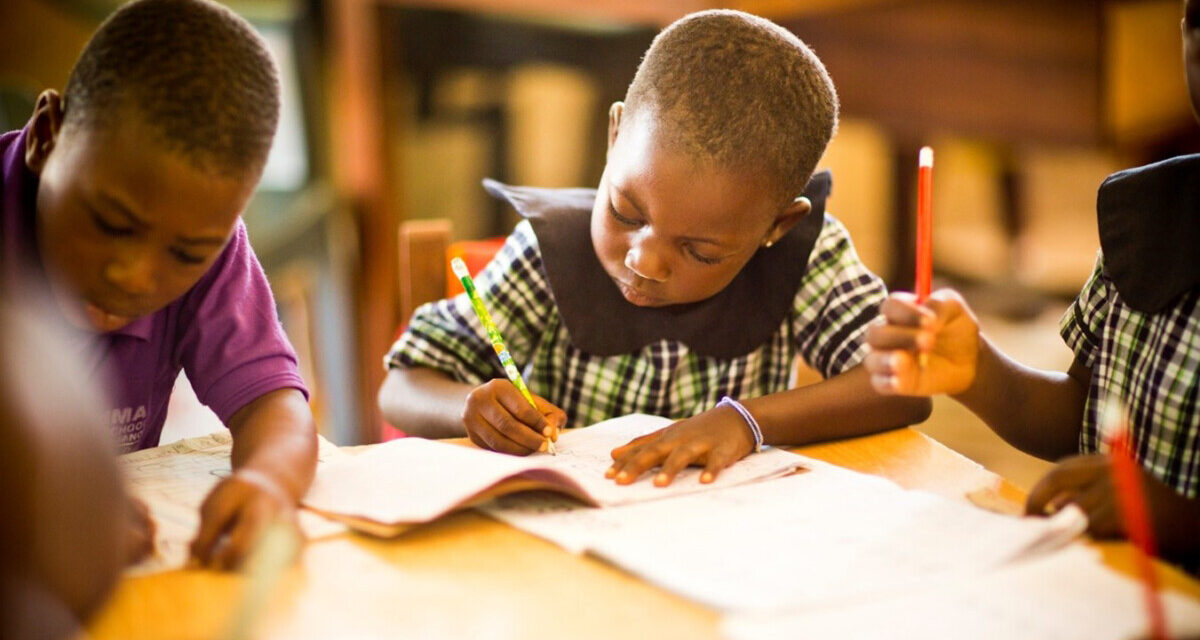
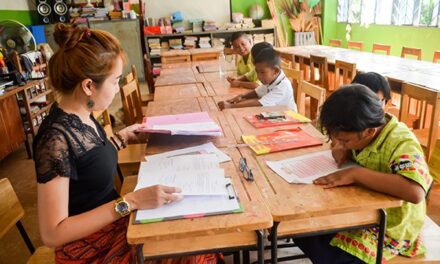
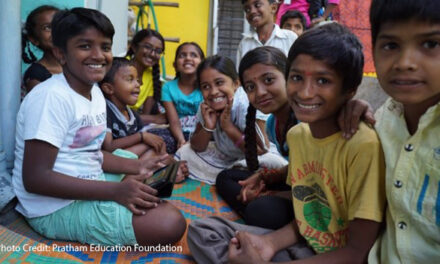
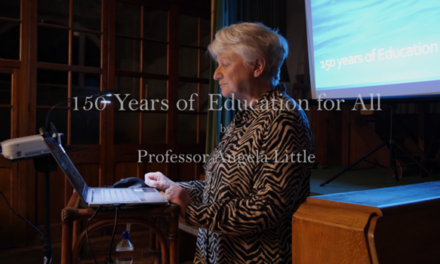
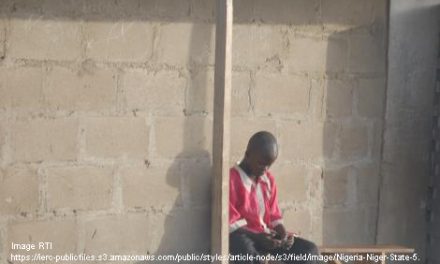
This comment refers to the blog on the impact of the LOI on foundational literacy and transitions. The success of any policy on transition to a different LoI depends greatly on the resources allocated to the whole process and the methods supported. The pessimistic comment made on Rwanda’s early transition policy (on page 3 of the blog) does not take this into account. In an FLN Advocacy Hub held on 6th December 2023, the Education Development Trust reported encouraging results from Rwanda’s Building Learning Foundations Programme, even if the transition policy does not seem ideal. Uganda has an ostensibly more reasonable policy of transition to English in Primary 4: but the results have been poor, reflecting the low level of public investment in primary education.